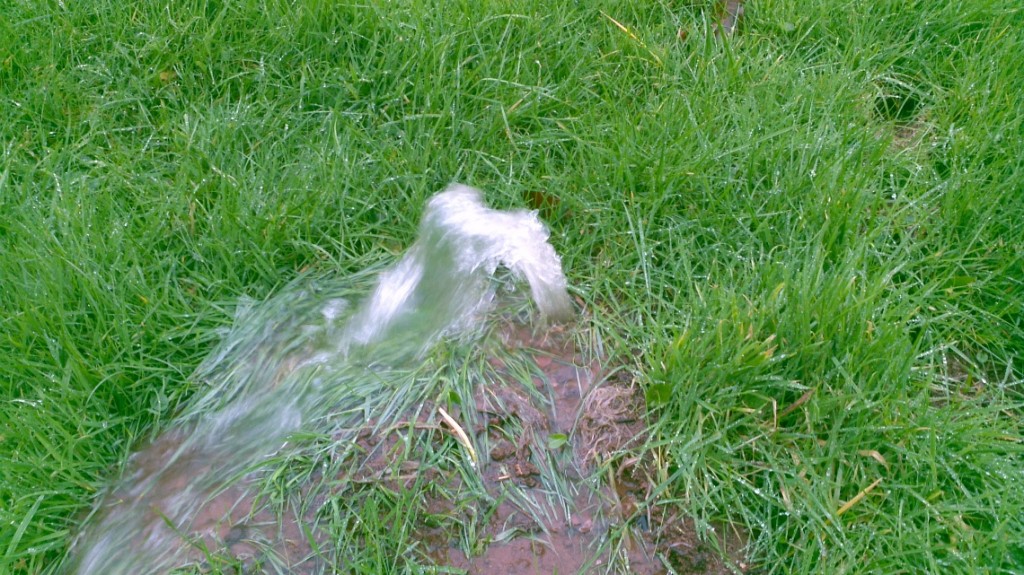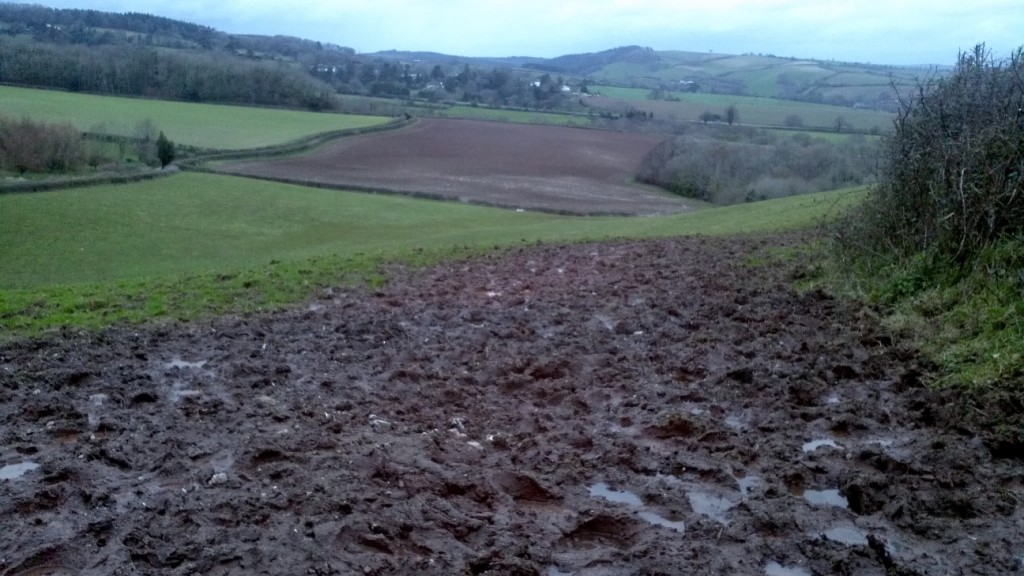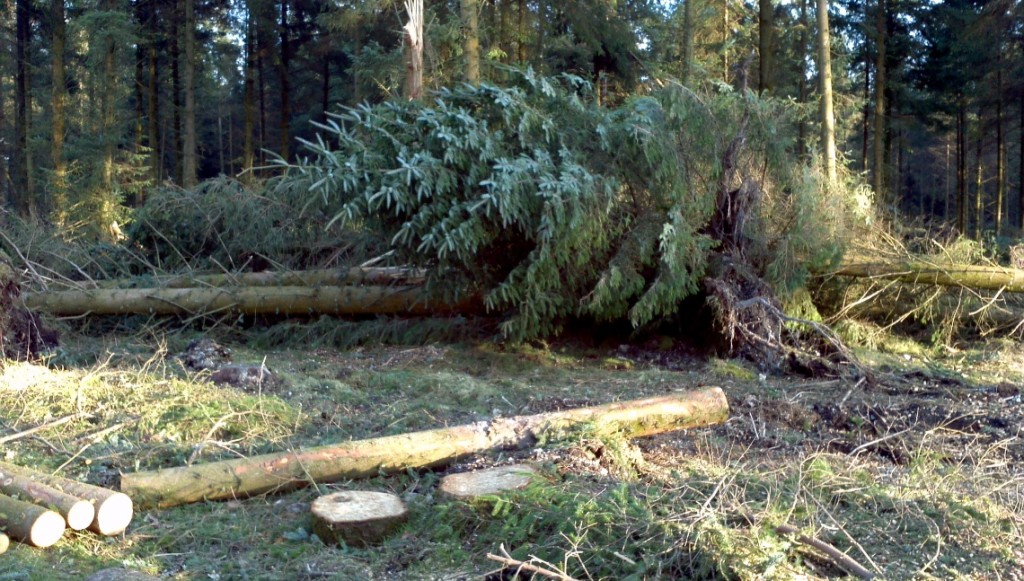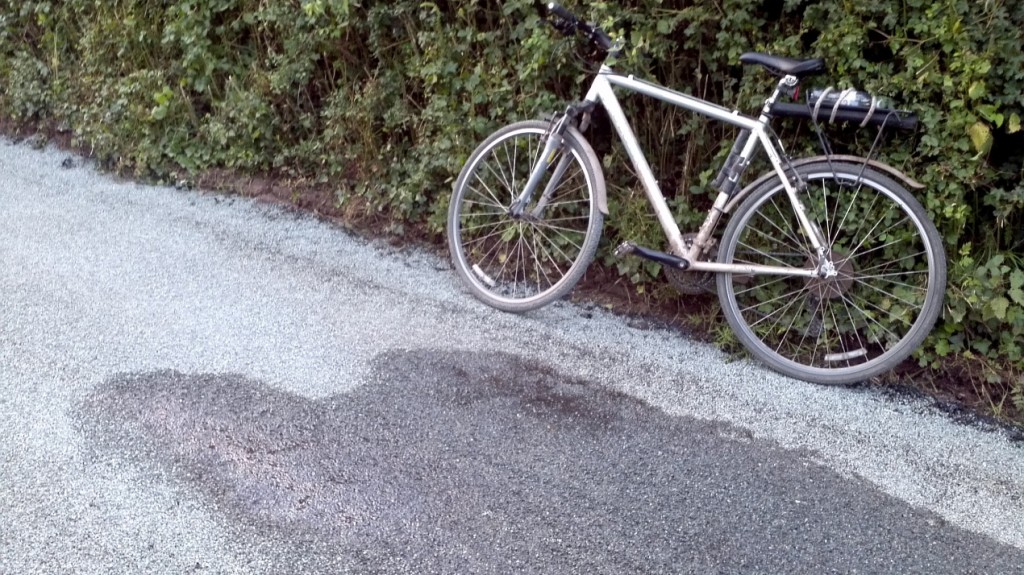June 2, 2014
A Conversation Between Sceptics
I've recently become engaged in a conversation over at Andy Extance's "Simple Climate" blog on the subject of "IPCC: Millions of words on climate change are not enough", which is rather clogging up the conversation over there. Here are some edited highlights (with the odd typo fixed, and the odd link added):
Jim
@Richard – Dame Julia Slingo pointed out a few days after the Transformational Climate Science conference:
“It’s not about the global mean temperature any more. We need to shape the climate change message much more about ‘what does it mean for me, regionally and locally’, and that’s really around extreme or high impact weather, it’s about extreme seasons, it’s about that intersection between natural variability of the climate and how climate change is often compounding that”
https://econnexus.org.uk/climate-change-the-latest-evidence-and-implications/
Perhaps the ‘elephant in the room’ is in fact increasingly “extreme and/or high impact weather”?
@Richard – Have you seen the Skeptical Science “escalator” before?
http://www.skepticalscience.com/graphics.php?g=47
If so what do you make of it? What do you make of Dame Julia’s point that in this Brave New World of ours extremes are in fact far more relevant than averages?
Richard
We need to carefully examine (a) whether extreme and / or high impact weather is in fact increasing, and (b) if it is, is it due to human activities, or is it something that always happens from time to time (like the 1929-1930 UK winter floods) ?
Jim
It seems that Dame Julia has carefully examined all the available evidence and concluded that the answers to your questions are (a) Yes, and (b) Yes. Do you disagree with her conclusion for some reason?
Richard
I don’t see any statistics there on extreme events, so I don’t know if she has demonstrated an increasing trend in extreme events in the UK, or a correlation with human activities (except that I know that the 2013-14 Somerset floods were blamed on a lack of dredging of the rivers, and building houses in flood prone areas)
Obviously different people are always carefully considering all the available evidence and coming to different conclusions (for example, Christopher Monckton, who I seem to remember has accused Julia Slingo of alarmism)
Do you know where she has provided statistics on these two questions ?
In my previous message, I tried to address both short term warming, cooling and pausing, and long term averages; so in the case of HadCRUT4 / GISS / NCDC, I believe that I have covered all the bases.
If by extremes, you mean something else, please tell me what different statistics I should be looking at. I truly want to investigate the evidence before saying what I think governments should be spending our money on. This will be particularly relevant coming up to our election next year.
Jim
By way of a couple of examples, the IPCC WG I Summary for Policymakers states that:
“It is virtually certain that there will be more frequent hot and fewer cold temperature extremes over most land areas on daily and seasonal timescales as global mean temperatures increase.”
and that:
“Extreme precipitation events over most of the mid-latitude land masses and over wet tropical regions will very likely become more intense and more frequent by the end of this century, as global mean surface temperature increases.”
See: http://www.climatechange2013.org/images/report/WG1AR5_SPM_FINAL.pdf
I note that you have yet to address Andy’s point about “the energy imbalance at the top of the atmosphere”.
Richard
Those are forecasts, not statistics. Obviously, the IPCC have revised their temperature forecasts downwards over time, and admitted that their climate models over estimated the temperature changes from 1990 to 2013, which is part of the problem.
I don’t know what the energy imbalance at the top of the atmosphere is, or how it has changed over time. Andy says it’s based on satellite measurements, which suggests that it’s (so far, at least) a short term effect.
Jim
If you “don’t know what the energy imbalance at the top of the atmosphere is” it sounds like you need to study Climate Science 101. This course still seems to be open to all and sundry for example:
https://class.coursera.org/globalwarming-002
I haven’t looked at it before today, but it does at least appear to include the relevant physics.
Regarding forecasts, I understood you were interested in what “governments should be spending our money on” in the future, not the past?
Richard
Sorry, I really don’t have time to take a course, nor will the vast majority of voters / tax payers.
I’m interested in what governments should be spending our money on based on facts and figures, not on predictions by those whose predictions have failed in the past.
Andy
For some background on the energy imbalance, see this post: http://simpleclimate.wordpress.com/2011/09/24/scientists-move-closer-to-resolving-missing-heat-travesty/
Also if you remember the climate sensitivity posting that you commented on in March, Richard, the analogy in the third paragraph refers to how the energy imbalance arises:
http://simpleclimate.wordpress.com/2014/03/29/climate-sensitivity-wrangles-dont-change-the-big-picture-on-emissions/
See WGI SPM, p5 for a summary table on the latest state of science on this http://www.climatechange2013.org/images/report/WG1AR5_SPM_FINAL.pdf
Richard
So for the early 21st. century, the forecast is :-
Likely – warmer and / or fewer cold days and nights
(I have heard that the warming is mostly at night)
Likely – warmer and / or more hot days and nights (ditto)
Likely – heavy precipitation events
Likely – extreme high sea levelApart from temperature, I haven’t seen any graphs on rainfall. Are there any UK / USA / World data sets ?
Sea level is problematic, since some rise in sea level is due to land subsidence, so that has to be separated out.
Jim
@Richard – Re UK rainfall (and wind) see: https://econnexus.org.uk/stormy-winter-weather-moves-south/, which will ultimately point you at: http://www.metoffice.gov.uk/hadobs/hadukp/data/download.html
Richard
Many thanks Jim. Just what I need.
Jim
(This bit is new, old news. Five pictures instead of "millions of words"!)
Filed under Climate by





Comments on A Conversation Between Sceptics »
Richard says:
"I’m interested in what governments should be spending our money on based on facts and figures, not on predictions by those whose predictions have failed in the past."
Exactly right. No predictions of climate calamity have come true. Not any of them. Since every one of them has been wrong, does it not stand to reason that the people making those predictions don't know what they're talking about?
Jim quotes the IPCC:
"It is virtually certain that there will be more frequent hot and fewer cold temperature extremes over most land areas on daily and seasonal timescales as global mean temperatures increase… Extreme precipitation events over most of the mid-latitude land masses and over wet tropical regions will very likely become more intense and more frequent by the end of this century, as global mean surface temperature increases.”
"Virtually certain"? That is crazy talk. Why? Because there is no evidence of continued global warming. There is no evidence that extreme weather events are increasing. There is no evidence of increased global precipitation, and so on and on.
None of those things are happening, so the frightful predictions are only "waht if" scenarios. That is why more and more people are rejecting the climate alarmism we used to see everywhere, unchallenged.
Every frightening global warming prediction, from vanishing polar ice, to global methane burps, to ocean "acidification", to the (fictional) tropospheric hot spot, to disappearing polar bears, to accelerating sea level rise, to accelerated global warming itself, has been wrong. Wrongwrongwrong! They have all been wrong. Therefore anyone who still places any confidence whatever in the IPCC should have their head examined. We have been lied to all along.
Some of this is very amusing to watch. Based on an Al Gore movie of many years ago a certain percentage of the population has decided that climate catastrophe is imminent, another conclusion that is unsupported by any observations.The people who believe that the end is nigh must have some inner need filled by being scared.
But the rest of us are not frightened. By "the rest of us" I mean rational scientists and engineers. We know better. Unless the global warming catastrophists can point to solid evidence that anything is out of the ordinary then the default position must be that what is being observed is ordinary. All past extreme weather events are moderating, so nothing out of the ordinary is happening.
And I don't understand the pictures. They are nice, but what do they mean? They look very ordinary to me, from the green fields to the fossil fueled generator. And there's a bicycle, too. Personally, I pfrefer a motor car or bike.
Hi Smokey,
Where in the world do you live? I ask because I'm "one of us". A "rational engineer" that is. "Virtually certain" isn't crazy talk, it's the "over-whelming consensus" amongst a large number of "rational scientists". Why should I disbelieve them, and believe you instead, when I can watch the polar ice in the Arctic vanish before my very own eyes, and see evidence of climate change in my very own "back yard"?
Hi Smokey,
I would like to ask the same "Where in the world do you live?" Are you sure you are from the planet Earth?
The only thing you got right is that the models have the "vanishing polar ice" wrong. They grossly underestimate the rapidity of its' loss.
Hi Brian,
Am I correct in assuming that your comment is addressed to "Smokey"? I'll have to see if I can turn on "threaded" comments on here to make such things clearer in future.
Your own comment is indeed correct. In the real world the sea ice in the Arctic is vanishing far more quickly than in the IPCC's projections. See this companion web site for many more details on that:
http://GreatWhiteCon.info/resources/
For the record the IPCC AR5 working group 1 "Summary for Policymakers" states that: